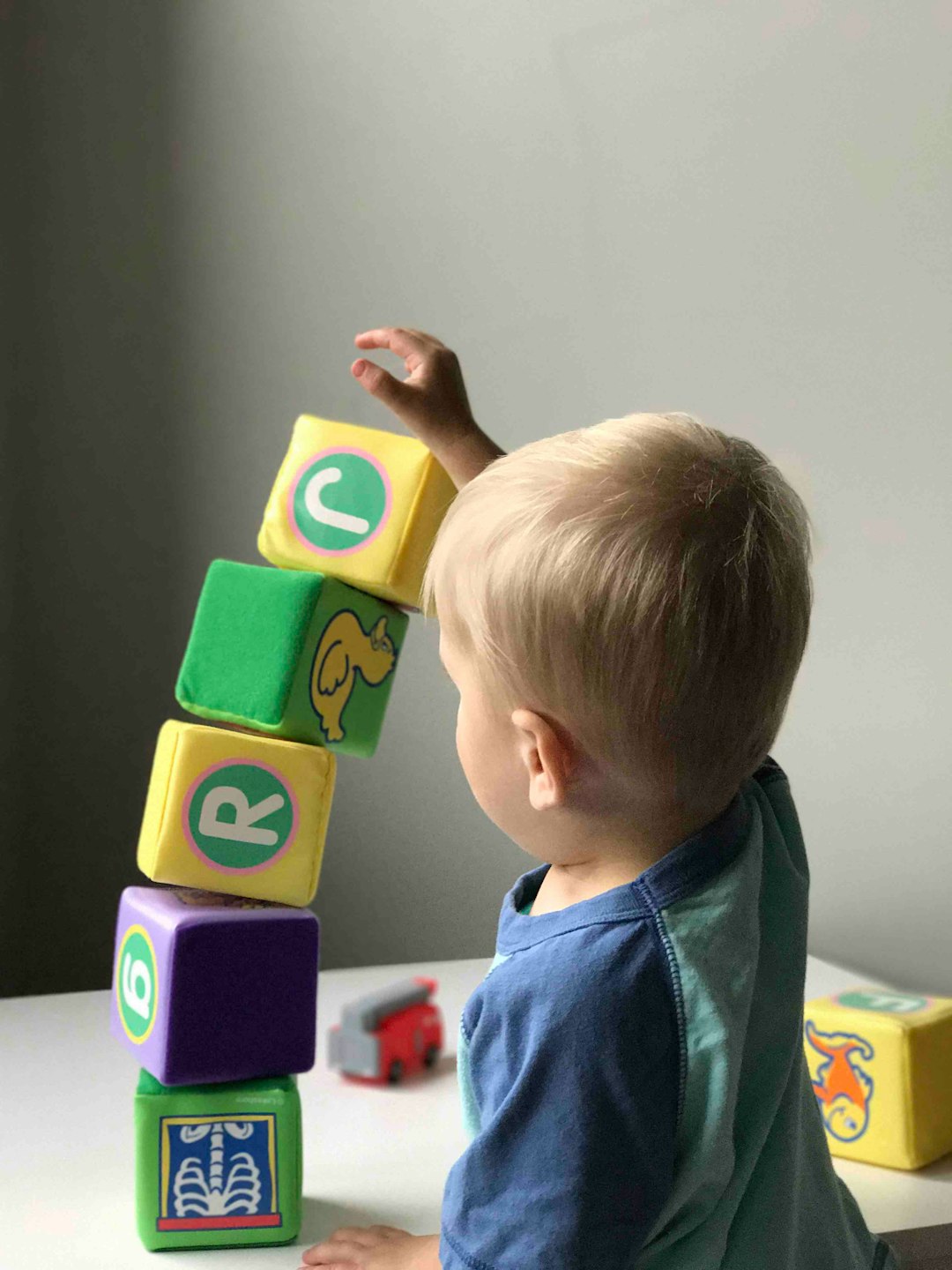Restorative Justice offers a holistic approach to healing and conflict resolution in Miami's daycare abuse cases, emphasizing empathy and understanding among stakeholders through mediation sessions. This method brings together children, parents, caregivers, and community members to rebuild trust, promote personal growth, and prevent future abuse, with key support from a reputable daycare abuse law firm in Miami, FL. Dealing with complex legal issues, these firms navigate laws, protect victims' rights, and ensure justice while employing restorative justice principles to foster healing and reconciliation within the community.
In Miami, Florida, where vibrant communities thrive, the issue of daycare abuse casts a shadow. This compelling article delves into restorative justice as a transformative approach to healing post-abuse. We explore the concept of holistic healing, examining its application in addressing Miami’s childcare crises. From understanding legal frameworks and the role of a dedicated daycare abuse law firm to fostering community engagement, each section unveils strategies to restore safety and trust within local daycares, emphasizing the power of collective accountability.
Understanding Restorative Justice: A Holistic Approach to Healing

Restorative Justice is a holistic approach to healing and conflict resolution that focuses on bringing together all stakeholders involved in an incident, with a particular emphasis on fostering empathy and understanding. In the context of Miami daycare abuse cases, this approach aims to repair the harm caused by abusive actions while addressing the needs of both the victims and the perpetrators. It moves beyond traditional punitive measures, recognizing that childhood trauma requires nuanced support systems to facilitate healing.
By involving children, parents, caregivers, and community members in restorative processes, this methodology creates a safe space for open dialogue. This can include mediation sessions where each participant shares their perspective, expresses feelings, and explores ways to make amends. The goal is not just to punish the perpetrators but also to rebuild trust, promote personal growth, and create a supportive environment that prevents future abuse—a crucial aspect offered by a reputable daycare abuse law firm in Miami, FL.
Daycare Abuse in Miami: Uncovering the Challenges and Impact

Daycare abuse in Miami has emerged as a pressing concern, highlighting complex challenges within the city’s childcare system. Cases of physical, emotional, and sexual abuse have been brought to light, shocking the community. These incidents often involve vulnerable children, entrusted to daycare centers, who are subjected to harm at the hands of caregivers. The impact is profound, affecting not only the victims’ immediate well-being but also their long-term mental health and social development.
Miami’s daycare abuse law firm plays a pivotal role in addressing these issues. They specialize in handling legal matters related to child maltreatment, offering support to families affected by such tragedies. Through advocacy and litigation, these firms aim to hold perpetrators accountable while advocating for stricter regulations and improved oversight of childcare facilities. By pursuing justice, they contribute to creating a safer environment for children, ensuring that such abuses are not only addressed but also prevented in the future.
The Legal Framework: How a Daycare Abuse Law Firm Can Help

In Miami, Florida, dealing with daycare abuse cases requires a nuanced understanding of both legal and restorative practices. A dedicated daycare abuse law firm can navigate the complex legal framework surrounding these incidents. They have the expertise to ensure that victims’ rights are protected and that justice is served. These firms often work closely with local authorities and child protection services to gather evidence, interview witnesses, and build a strong case against those responsible for the abuse.
By engaging a daycare abuse law firm in Miami FL, families can access specialized support tailored to their unique circumstances. The legal team will guide them through the system, explaining their rights and options every step of the way. Furthermore, these firms often employ restorative justice principles to foster healing and reconciliation. This approach encourages open communication between victims, offenders, and their families, aiming to repair relationships and build a safer community for all.
Restorative Practices: Restoring Safety and Trust in Miami's Daycares

In the aftermath of daycare abuse cases in Miami, Restorative Justice emerges as a powerful tool to heal and rebuild trust within the community. This approach, often championed by a daycare abuse law firm in Miami, FL, focuses on repairing the harm caused not just to the victims but also to the broader network of families and caregivers. By fostering open dialogue between all stakeholders—including children, parents, staff, and administrators—restorative practices aim to create a safe and supportive environment that prevents future incidents.
Restorative Justice goes beyond punishment and emphasizes accountability, empathy, and reconciliation. It encourages active participation in addressing the abuse, allowing everyone affected to share their experiences and contribute to finding solutions. This process can help restore safety and trust in Miami’s daycare centers, ensuring that children are not just protected from abuse but also nurtured in an environment where their well-being is a collective responsibility.
Community Engagement: Fostering Accountability and Support Networks

In the context of daycare abuse cases in Miami, community engagement plays a pivotal role in restorative justice practices. It fosters accountability among all stakeholders, including parents, caregivers, and even the accused. By actively involving the community, residents can better understand the complexities of such incidents, promote open dialogue, and work towards collective healing. This engagement ensures that the needs of the victims and their families are not only recognized but also addressed in a supportive environment.
Additionally, community engagement builds robust support networks for both survivors and perpetrators. Support groups, counseling services, and educational initiatives can be organized to provide resources and assistance. A daycare abuse law firm in Miami, FL, often collaborates with local organizations to facilitate these efforts, ensuring that the legal process is accompanied by a supportive network focused on restoration and growth.






